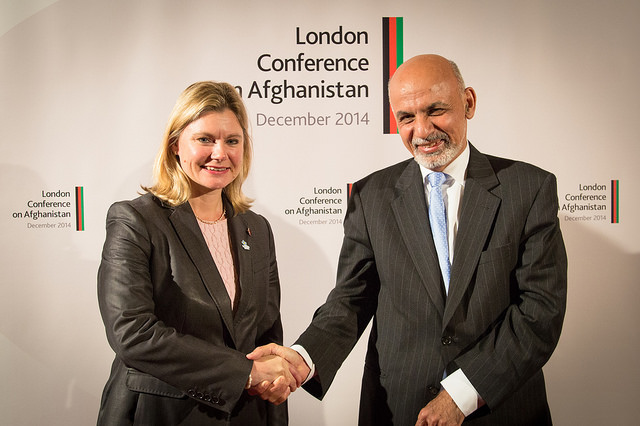Israeli Prime Minister Benjamin Netanyahu, who has been the centre of much controversy in the last few months, addressed the US Congress last month. Before Netanyahu stepped on American soil there was criticism surrounding his speech, as he was invited to address Congress by Representative John Boehner, the Republican House Speaker, without prior approval from President Obama.

Netanyahu’s speech focused on Iran’s nuclear program and the ongoing talks between Iran and the permanent members of the UN Security Council and Germany (P5 + 1), with the Israeli Prime Minister expressing fears that any deal allowing Iran to increase its nuclear capabilities would be unwise and would cause more risk than reward.
He expressed his displeasure with the manner in which the Obama administration is handling the negotiations, specifically in relation to the fact that the current deal with Tehran imposes a mere decade-long restriction on Iran’s nuclear program. The plan allows Iran to maintain a vast nuclear structure, all the while putting the onus on the International Atomic Energy Agency (IAEA) inspectors to ensure Iran does not develop a bomb. Netanyahu is primarily worried about the short ‘breakout time’ he attributes to Iranian weaponization capabilities, although Obama argues that the agreed-upon ‘testing period’ of a year is sufficient time to detect any effort of producing a nuclear weapon.
According to Obama, Netanyahu failed to offer any viable alternatives for a deal with Iran or the P5 + 1, which might as well have been “no deal at all”. What Netanyahu did offer were three further non-nuclear conditions for Iran to meet before sanctions are to be removed. The Israeli Prime Minister demanded that Iran “[f]irst, stop its aggression against its neighbours in the Middle East. Second, stop supporting terrorism around the world. And third, stop threatening to annihilate my country”. Netanyahu’s points should be heeded if any deal is to have a lasting effect. Obama and P5 +1 must seriously consider Netanyahu’s points about Iran ceasing its support of a Syrian regime which is cruel to its own people.
Progress has undoubtedly been made as a result of these talks. For example, Iran’s nuclear chief, Ali Akbar Salehi, indicated from the recent Swiss-held P5 +1 talks that progress was made on the topic of the creation of a heavy-water plant at Arak and a uranium enrichment plant at Fordow. However, more needs to be accomplished to ensure a deal is made by the P5+1 set June deadline. An agreement between Iran and the P5+1 would see Iran’s nuclear program be frozen for the next ten years. What concerns Netanyahu is Iran’s nuclear program after the ten year hold is up, when sanctions are lifted and Iran is allowed unlimited uranium enrichment with an unlimited number of centrifuges. This is too much freedom for Netanyahu’s liking, as Iran’s current regional aggression does not make it an ideal nuclear leader in the Middle-East.
The timing of his speech was no coincidence, as it was broadcast on the first day of Israel’s election season. Netanyahu started his campaign in grand form, indicating to his electors that Israeli national security, especially in relation to the perceived nuclear threat posed by Iran, is at the forefront of his agenda.
A continued open dialogue between Iran and the P5 +1 is necessary to ensure that a deal be reached. Even Netanyahu appears to believe this is true. He is moving away from Israel’s stated position that Iran should not be capable whatsoever to create fissile material. If modifications were to be made to the deal to put a halt to Iran’s regional aggression, then it could be a deal that “Israel and its neighbors may not like, but with which we could live, literally”.




